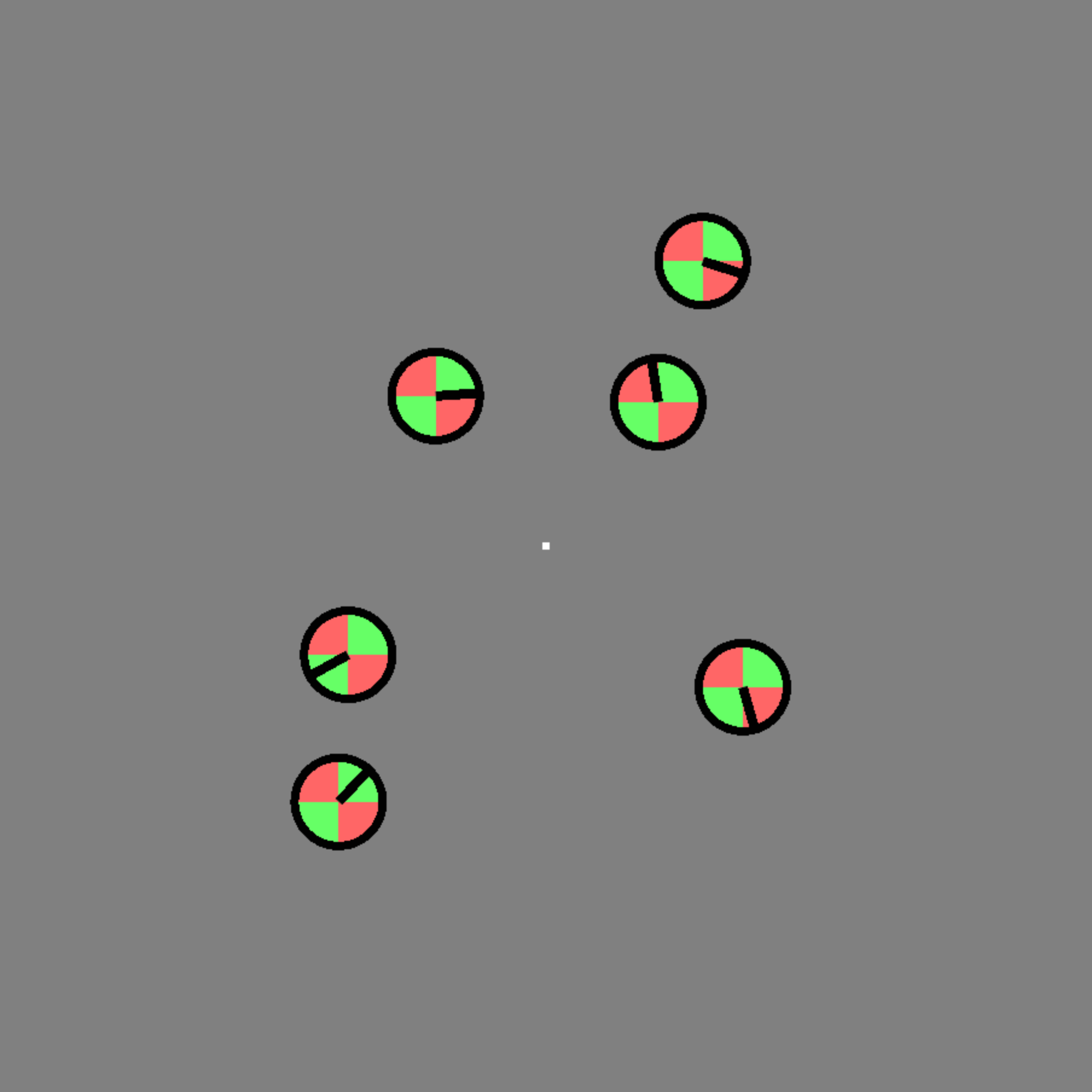How this early-career researcher set goals for 2021
Published:
With every new year, I (and I’m guessing many others) start thinking about resolutions they want to keep or goals they would like to achieve. (It’s also about now, around the end of January, that people tend to give up too.) I find it useful to go through a bit of introspection, figure out what I am working towards and lay down some plans for the future – academia is such a constant grind (there’s always something to be done) that it can feel like we are always behind and not achieving anything. This is especially true in the midst of a global pandemic which has upended data collection for human research, forced most scientists to adapt to working from home and added an underlying current of stress. Some well-thought-out goals might help by being markers of progress in a career where it feels like achievement only comes at the end of a big (often years-long) research project. On the other hand, lofty goals like “I will have x first-author publications by the end of the year” seem completely unhelfpul and may just add on to the stress – and you’re probably giving into the Incentives with that kind of goal, right?
Coming up with useful goals
I did a cursory browse through Twitter for what early-career researchers had to say about their goals and through Google to see what advice was out there. There wasn’t much! Turns out that setting academic goals as an early-career researcher is quite tricky! Let’s consider the SMART mnemonic for goal-setting (with my interpretations of the criteria):
- Specific – Clear and detailed to what is being achieved
- Measurable – Quantifiable to ensure tracking and completion
- Achievable – Realistic and reasonable
- Relevant – Whether the goal is important and worthwhile
- Time-based – Giving the goal a deadline
It is not immediately straightforward to come up with research goals that fit all these criteria. A research project goes through so many stages – theory development, experiment design, coding and programming, data collection, statistical analysis, manuscript writing, review and formatting, just to name a few. These stages are not easily quantifiable (at least in a manner that isn’t simply incomplete/complete) and forecasting progress in terms of time seems to unreliable to be any useful. We are often juggling many research projects concurrently, each with its own twists and turns – perhaps a surprising set of results, or a difficult analysis, or a new follow-up experiment idea! That’s why I shy away from goals like “Have x publications by the end of the year” because it’s far too unpredictable and I would rather ensure the rigour (and reproducibility) of my research (though publishing is obviously important for career progression so a rough deadline for projects is sometimes needed).
So what 2021 goals have I come up with?
I’ve settled on goals that revolve around learning or practicing skills that seem important or relevant to me. One goal I have set myself is to write a blog post every two weeks. There is a long while between each research project getting up to the manuscript stage so I’m always a little rusty when it comes to writing; I’m hoping blogging serves as practice. Having to crystallize my thoughts into words, and think carefully about how to communicate an idea is a skill that I hope to improve at – especially if I start thinking more about science communication to the public and creating that kind of content. I’ll be focusing my blogposts around being an early-career researcher navigating things like the open science movement or academia. Perhaps occassionally, I’ll write something I can share with my friends who want to know more about what I research or are generally interested in science things. Here’s some other’s thoughts on why every aspiring academic should blog too!
My next goal is reading at least two journal articles each week, which is a little embarrassing to admit – I don’t spend nearly enough time regularly reading, often relying on conferences or Twitter to find out about different research projects and papers. One way I’ve kept myself accountable this year is making an effort to attend and be an active contributor to a couple weekly lab meetings (not just my own lab’s!), as well as organizing the ReproducibiliTea journal club. This means I’m usually reading one relevant research paper, and one reproducibility/meta-research paper every week at least, in addition to any papers that are particularly relevant to my own research projects.
My third goal is to always be learning and updating my skills by completing three different courses this year – I am thinking perhaps the fast.ai deep learning course, brushing up on multivariate pattern analysis (perhaps with CoSMoMVPA’s workshop) and learning to deploy a Django web application (I started Corey Schafer’s tutorial on YouTube early last year but gave up). At the end of last year, I went through Dan Quintana’s Twitter bootcamp and found it tremendously useful in figuring out what to Tweet, so I will probably do that a few times throughout the year too!
Note that these goals do not tie directly to my ongoing research projects! For those, I tend to write to-do lists of tasks – whatever analyses I need to code and deploy, papers I need to read and comprehend, manuscripts I need to write – and schedule time working on them. I try and set myself the goal of being focused in those scheduled times to try and maintain my productivity – one handy trick during the pandemic I’ve been using is to have co-working Zoom sessions with a willing colleague to keep each other accountable. They’ve somewhat become pomodoro timers with a social reward at the end of completing the block!
I am consistently re-evaluating and revising these goals (mostly when I have a significant deadline that has priority like a abstract submission for a conference or a presentation I need to go) so they are not always strict. At least for January, having these goals has meant that I have checked in with my progress regularly and it feels like I’ve been making progress to what I hope to achieve!
One thing I hope to have done with this blogpost is to encourage you to do some goal-setting of your own and hopefully get that same feeling of progress that can be so hard to come by in academia. Keep up the grind and hit those goals!

